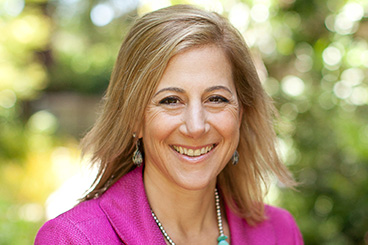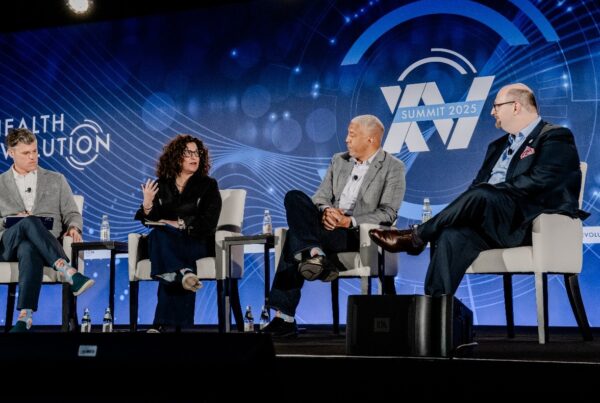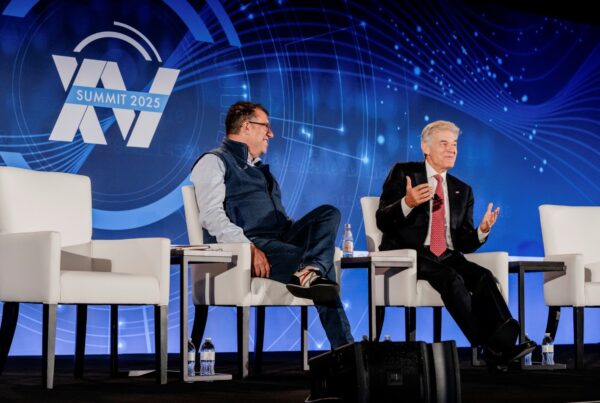In 2015, after more than a decade developing consumer products, Stephanie Tilenius founded Vida Health to create a continuous care model for people with one or more chronic diseases. Health Evolution interviewed Tilenius about what inspired Vida Health, what she learned at some of Silicon Valley’s most successful companies, how it informs her work at Vida, how COVID-19 is reshaping the health care landscape, the accomplishments she is most proud of, and more.
What is Vida Health’s origin story or the inspiration that fueled you as a founder?
Tilenius: I was a senior technology executive at eBay and PayPal for about a decade running global products and an $8 billion P&L. Five of my 10 years at eBay I spent building PayPal. I was then recruited to go to Google and build Google Wallet and Google Shopping so my background is in consumer products that scale to millions of users. Around this time my dad was sick with multiple chronic conditions, diabetes, COPD, obesity and depression all at the same time. He was in a wheelchair and on oxygen in Ohio. I was trying to manage his health from California and I kept wondering why there was no comprehensive mobile solution like there was for everything else in my life. That’s when I realized how far behind we were in health care and when I committed to creating a solution that focused on a continuous care model covereing both physical and mental health.
How does that background at Google, eBay and PayPal inform your work at Vida?
Tilenius: It really does inform my work. Because I’ve been so product-focused throughout my career, I’ve focused on creating a great service that users love and that drives clinical outcomes. We pride ourselves on a great product experience and it’s paid off with our users who consistently give us a Net Promoter Score in the mid-70s.
We have amazing user stories of people using Vida to lose weight, lower their A1C and go off their medications for diabetes and hypertension, and reduce their depression and anxiety.
I’ve certainly applied some of the lessons I learned when building Vida. One of those lessons is called the Toothbrush Test. [Google founder] Larry Page used to talk about this. “If you can’t build a product people use daily, what’s the point?” The majority of our users use Vida five to seven times a week. So we’re very much a part of their lives. We’re constantly looking at the data, digging into everything our users are doing to understand how they’re managing their diseases, how they’re improving, and how we can help get off their meds and reduce their symptoms. We run predictive analytics against that data and apply the results to continuously improve our product and clinical outcomes — bringing together technology, clinical experts and digital therapeutics. The longitudinal relationship with a real human provider like a coach or a therapist is at the center of the experience and we combine that with remote patient monitoring, social support and great content and daily guidance.
Coming into healthcare from the consumer tech space, what was the most surprising aspect that you encountered?
Tilenius: At a very big picture level, it’s the importance of the human element. Human accountability and knowledge are critical to achieving long-lasting clinical outcomes. Unfortunately, it seems like a lot of virtual care companies are trying to take cost out of the system by replacing real people with AI. Instead, at Vida, we’re using machine learning to enable doctors, coaches, and therapists to practice at the top of their license by automating what can be automated but never using AI to replace that human connection. I think of it as using technology not to replace humans, but to make them superhuman. I’ve also been surprised by how much price, cost and billing are important in health care. You really have to align yourself against those and constantly innovate to reduce costs. Our North Star is really strong outcomes but it’s also important to achieve those at the right costs.











